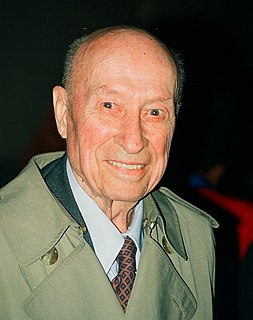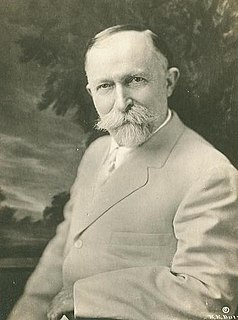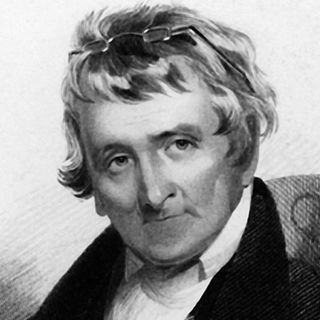A Quote by N. T. Wright
Often people see doctrines as a checklist. Here are the following nineteen truths which you've got to believe to be a good sound Christian.
Related Quotes
The word "Christian" means something in particular. The basic outline and general truths and doctrines central to Christianity have been hammered out over 2000 years of reflection on the teachings of Jesus and his apostles. If you disagree with these foundational concerns - the kinds of things I focus on in The Story of Reality - then you're simply not a Christian.
I don't see how one can "believe in organized religion." What does it mean to believe in an organization? One can join it, support it, oppose it, accept its doctrines or reject them. There are many kinds of organized religion. People associate themselves with some of them, or not, for all sorts of reasons, maybe belief in some of their doctrines.
Theology is like a map. Merely learning and thinking about the Christian doctrines, if you stop there, is less real and less exciting than the sort of thing my friend got in the desert. Doctrines are not God: they are only a kind of map. But that map is based on the experience of hundreds of people who really were in touch with God--experiences compared with which many thrills of pious feelings you and I are likely to get on our own are very elementary and very confused. And secondly, if you want to get any further you must use the map.
I photograph continuously, often without a good idea or strong feelings. During this time the photos are nearly all poor, but I believe they develop my seeing and help later on in other photos. I do believe strongly in photography and hope by following it intuitively that when the photographs are looked at they will touch the spirit in people.
I believe that all is illusion and vanity outside the treasure of truths slowly accumulated, and which will never again be lost. I believe that the sum of these truths, always increasing, will at last confer on man incalculable power and peace, if not happiness. Yes, I believe in the final triumph of life.
Often a non-Christian knows something about the earth, the heavens, and the other parts of the world, about the motions and orbits of the stars and even their sizes and distances... and this knowledge he holds with certainty from reason and experience. It is thus offensive and disgraceful for an unbeliever to hear a Christian talk nonsense about such things, claiming that what he is saying is based in Scripture. We should do all that we can to avoid such an embarrassing situation, which people see as ignorance in the Christian and laugh to scorn.
History teaches us, in no mistaken language, how often customs and practices, which were originated without lawful warrant, and opposed to the sound construction of the law, have come to overload and pervert it, as commentators on the text of Holy Scripture have established doctrines wholly at variance with its true spirit.
In reviewing the most mysterious doctrines of revelation, the ultimate appeal is to reason, not to determine whether she could have discovered these truths; not to declare whether, considered in themselves, they appear probable; but to decide whether it is not more reasonable to believe what God speaks than to confide in our own crude and feeble conceptions. No doctrine can be a proper object of our faith, which is not more reasonable to believe than to reject.





































